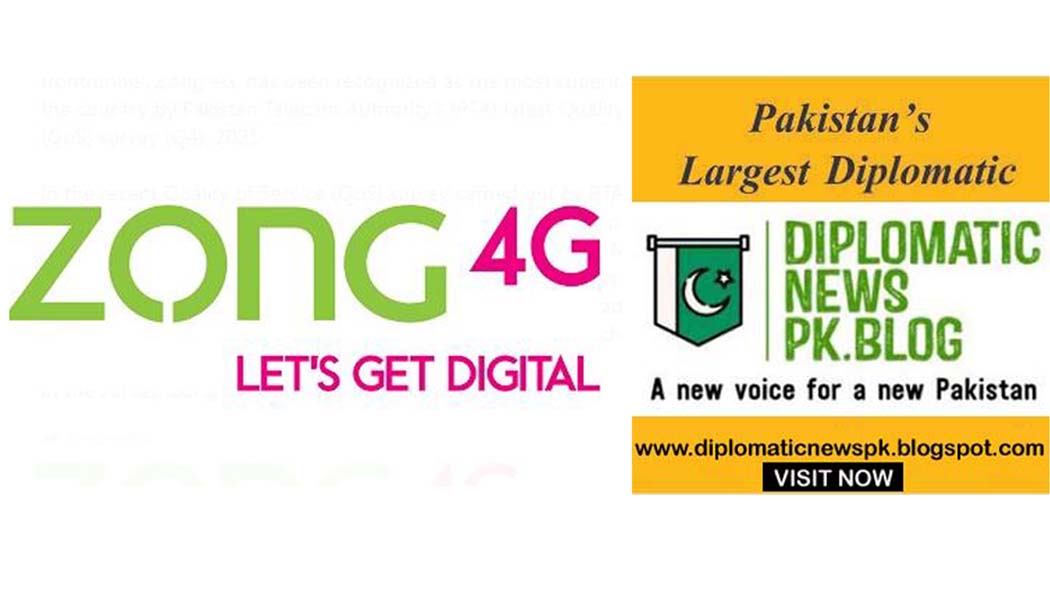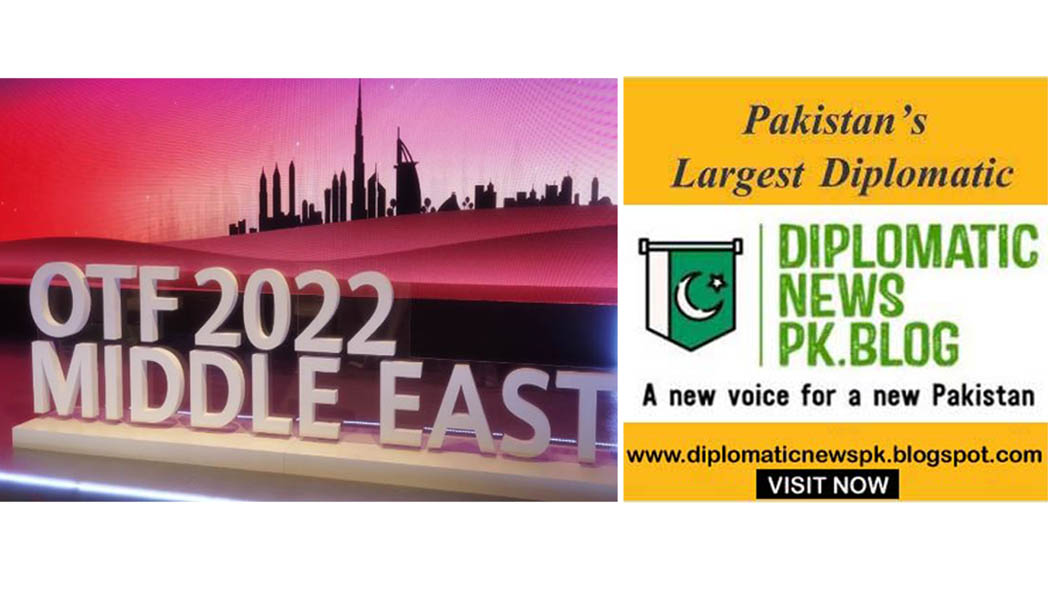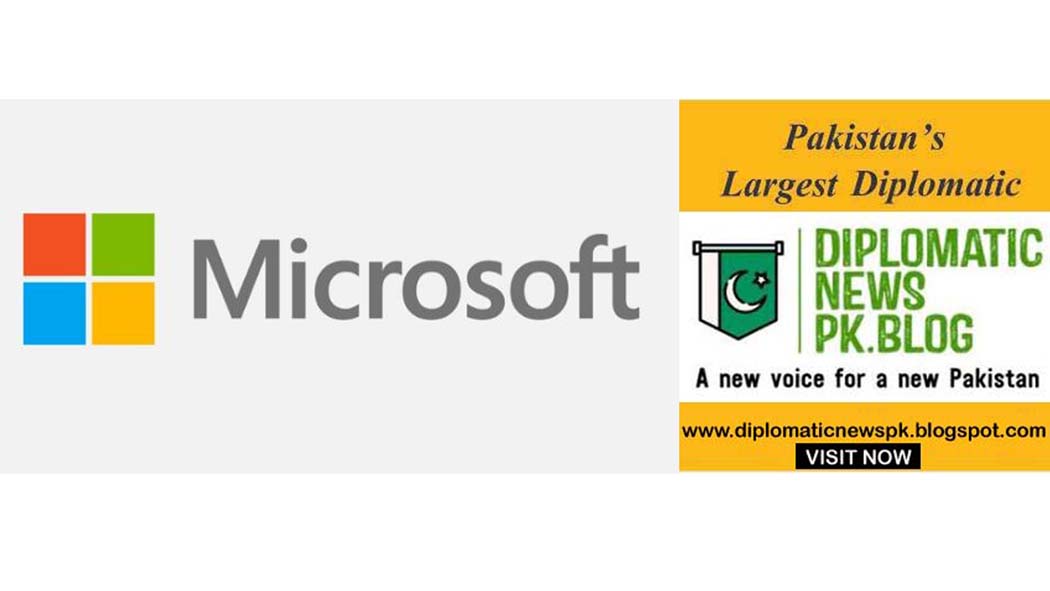ISLAMABAD, MAR 20: With the increase in online transactions, customer demands are changing, and to keep up with them banks must embrace human-centric and customer-first digital transformation.
The patron of building a fully connected, intelligent world, Huawei, and enabler of a digital tomorrow, Systems Limited, formed a strategic alliance to navigate the way forward regarding the advancement of digital banking.
The signing ceremony took place on March 11, 2022, in the presence of Asif Peer, CEO & MD, Systems Limited, and Shahzad Rasheed, CEO, Huawei Cloud.
Systems Limited has always been at the forefront of digital advancement and has taken multiple initiatives in the past to reshape the delivery and structure of financial services around technology to meet customer demands, anytime and anywhere.
Key personnel from the IT and banking were also present at the ceremony. The group discussed how technology has a huge impact on customer behavior, service and product innovation, business operation, and the vast potential it holds for the banking sector.
Asif Peer, CEO & Managing Director at Systems Limited, expressed, “We are visualizing a disruption and growth in the digital banking landscape of Pakistan to support business innovation in this new era.
Banks are rapidly moving towards digital transformation, and we will be working closely to ensure refined customer management, channel optimization, and diverse ecosystem-wide collaboration. With partnerships such as this, we are on the right path of establishing a comprehensive global digital transformation strategy.”
Considering the newly announced cloud-first policy by the government of Pakistan, this partnership between Huawei and Systems Limited will help stabilize the digital banking ecosystem in Pakistan.
The goal behind this partnership is to equip organizations with an end-to-end cloud-based architecture, assist them in meeting ever-evolving customer needs, and help them thrive in the digital world. Leveraging Huawei cloud infrastructure and System Limited’s enterprise-class cloud, information security, and digital banking services, both partners will be able to provide a ready-made, quick to onboard digital ecosystem in Pakistan.
Mr. Shahzad Rasheed, CEO Huawei Cloud reiterated that Huawei Pakistan is committed to expediting the journey of digitalization in the country and how that would be an impossible dream to achieve without Cloud.
With the entry of digital banks in the financial industry we can expect monumental growth. China is a global leader in the world of banking and we will work towards connecting the Pakistani and Chinese Banks so we can learn from their experience and expertise.
We are, and always will remain committed to the growth of the ICT Industry in Pakistan and look forward to working with Systems Limited as our strategic partner in this journey.
The emerging banks will have an in-country platform to set up their digital banking services robustly and seamlessly without a need for huge capital expenditure.
Moving forward with Systems Limited’s global vision, the partners also aim to take these services outside Pakistan as well. This will also lead to multiple job opportunities in Pakistan.
Through the cloud, big data, and next-gen IT architecture, Systems Limited, and Huawei can help financial firms navigate the challenges of the customer-first and digital-first era.
-------------------------------------------




